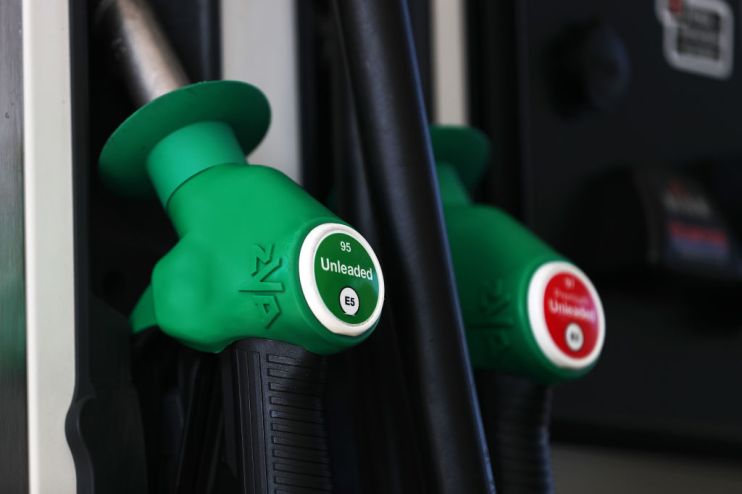Oil prices reverse losses as Opec cracks down on over production

Global oil prices sprung upwards this afternoon after producer group Opec+ said that it would crack down on those countries which did not comply with its record output cuts.
Delegates are also planning an extra meeting in October if global oil markets weaken again, further reassuring traders.
Worldwide benchmark Brent crude reversed its losses and rose over four per cent on the back of the news, standing 2.4 per cent up at $43.21.
US standard West Texas Intermediate also climbed by a similar margin to reach $40.92, up 1.9 per cent on the day.
Although major producing nations such as Saudi Arabia and Russia did not recommend any changes to the group’s 7.7m barrel per day cuts, delegates instead put pressure on countries such as Iraq, Nigeria and the UAE for not abiding by the limits earlier in the summer.
A number of sources told Reuters that as a result of the lack of compliance, the countries will be forced to cut more barrels to compensate between now and December.
Rystad Energy’s head of oil markets Bjornar Tonhaugen said: “The alliance today showed that it recognizes the unfavorable market developments, acknowledging the risk of oil demand being reduced as a result of rising infections.
Before the Open newsletter: Start your day with the City View podcast and key market data
“Although no amendments to the current supply-cut deal have been proposed by Opec+ today, the producers group gave the impression that it does not sweep troubles under the carpet.
“Saudi Arabia introduced the possibility to hold an extraordinary meeting in October if the market downturn continues, which has reassured traders that -if needed – Opec+ may again jump to the task to balance the market and save prices.
“Feeling Opec+ has their back, market participants hiked oil prices, with boosted confidence that if things do not get better, Opec+ might step in to the rescue.”
Cailin Birch, global economist at the Economist Intelligence Unit, said: “These efforts to control oil supply growth will be essential if Opec+ countries hope to keep oil prices from backsliding in the coming months.
“Brent crude prices lost 13 per cent of their value in the first two weeks of September, the biggest drop since mid-April—near the end of the brief but brutal price war between Saudi and Russia.
“We maintain our view that Brent crude prices will average just over $42 per barrel in 2020, assuming that OPEC+ partners reconfirm their commitment to output cuts at their September meeting.”
The developments from the meeting overshadowed the restart of offshore operations in the Gulf of Mexico, with Hurricane Sally having passed through the region and forced drilling to stop for five days.
As a result, nearly 500,000 barrels per day of output were shut down, boosting prices higher.